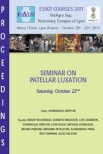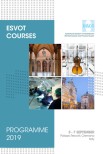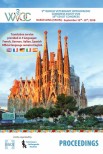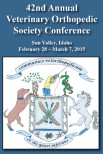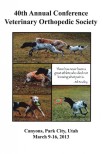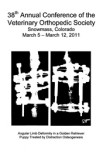Objective: To retrospectively review the efficacy of combined surgery comprising dorsal laminectomy and dorsal fixation using screws and polymethylmethacrylate as treatment for dogs with degenerative lumbosacral stenosis (DLSS).
Animals: 21 client owned dogs diagnosed with DLSS and treated surgically.
Procedures: Based on clinical records, signalments, clinical signs, findings from orthopedic and neurological examinations, imaging findings, and postoperative complications were evaluated at the following time points: preoperatively, postoperatively, and 3, 6, 12, 24, and 36 months after surgery.
Results: In all 21 cases, clinical signs were alleviated, proprioceptive deficits were improved from 3 months after surgery, and no recurrence of clinical signs was observed during the observation period. Minor complications were observed in 6 cases (28.6%), including implant failure in 2 (9.5%), delayed healing of surgical wounds in 2 (9.5%), seroma in 1 (4.8%), and swelling of the affected area in 1 (4.8%). There was no case with major complications.
Clinical relevance: Combined surgery comprising dorsal laminectomy and dorsal fixation using screws and polymethylmethacrylate is a useful treatment that can improve long-term clinical signs in dogs with DLSS.
